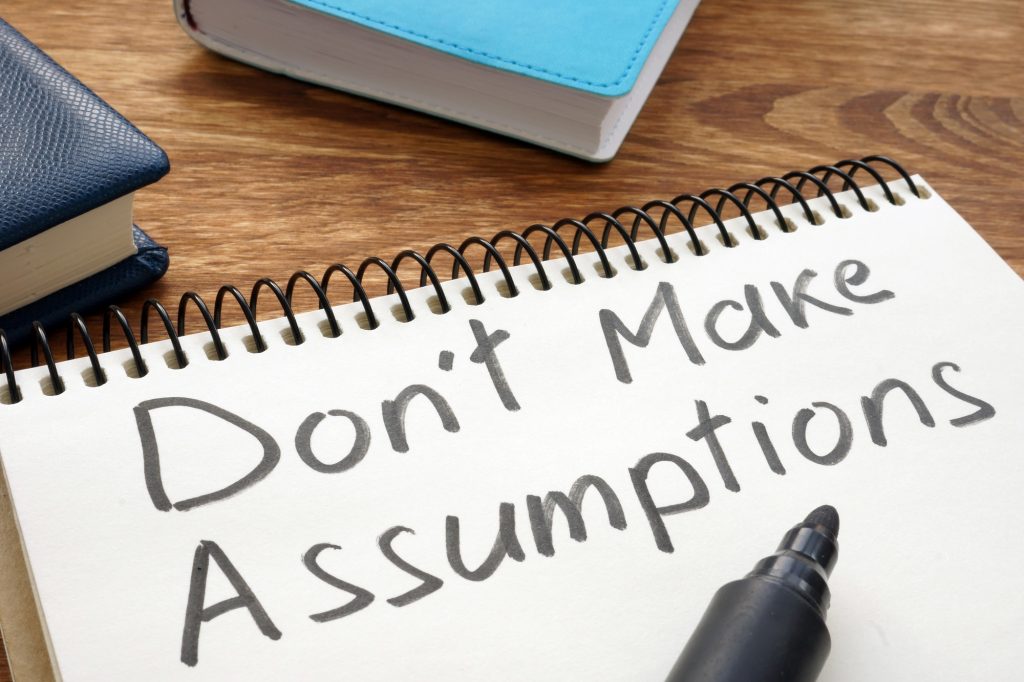When you’re in business, you kind of assume that all of your expenses are fully deductible. But this assumption is wrong. The tax law imposes various limitations to block a tax benefit from certain payments.

1. 50% limit on deduction for meals
Taking a customer to lunch or eating while away from home on business are common business expenses. But under the tax law, only half the cost of legitimate business meals is deductible. And, in order to take this partial write-off, strict substantiation rules must be met. Details about a deduction for business meals is in IRS Publication 463.
2. No write-off for unpaid receivables
If you are on the cash basis and customers or clients fail to pay invoices, you’re out of luck. Your labor is lost, and you don’t get a tax benefit from it. Only businesses on the accrual basis can take a deduction for unpaid receivables. The reason: Under the accrual method of accounting, they’ve already reported the income, so the write-off is merely an offset to it.
3. Start-up costs may not be deductible
It can be expensive to start a business. Many use their own money before they open their doors. The pre-opening expenses may include legal and accounting fees, buying a domain name, ordering inventory and supplies, and much more. You can’t take deductions before you commence business. And only certain start-up expenses are deductible once the business begins operations. These include investigation costs (doing market research, determining the products, and finding office space). In addition, you can deduct organizational costs related to a partnership, limited liability company, or corporation.
But once you know which costs are start-up and organizational, the most you can deduct in the first year is $5,000 for each category. The rest is amortized over 15 years. And, if start-up costs exceed $50,000, you have to reduce the $5,000 limit on a dollar-for-dollar basis. Result: If start-up costs are $55,000 or more, then all of the expenses are amortized over 15 years. The same is true for organizational costs. Find details in IRS Publication 535.
4. Not all fringe benefits are deductible
Employers in today’s tough job market are competing for talent, and offering various fringe benefits can be helpful in attracting and retaining good employees. Still, not all fringe benefits that an employer pays on behalf of an employee are deductible. Examples:
- Transportation fringe benefits (free parking, transit passes, and van pooling). Even though employees receive the benefits tax free up to a set dollar amount per month, employers cannot deduct their costs.
- 50% of the cost of employer-operated eating facility is not deductible. This is so even though employees continue to enjoy this fringe benefit, provided that certain conditions are met.
Details about fringe benefits are in IRS Publication 15-B.
5. No deduction is allowed for hobby losses
If you conduct an activity and can’t prove a profit motive, you must report ALL of the income from the activity but can’t take any deductions for it. The ban on deductions applies for 2018 through 2025 due to the suspension of the deduction for miscellaneous deductions subject to the 2%-of-AGI floor. You may have it in your head that you’re running a business, but continual losses (expenses exceeding income) indicate you’re likely conducting a hobby activity. Details on the hobby loss limit and how to prove a profit motive and deduct expenses are in IRS Publication 535 (look at Not-for-Profit Activities).
Final thought
When it comes to taxes, just don’t assume. You need to discuss your expenditures with a CPA or other tax advisor to see how tax rules impact write-offs.


